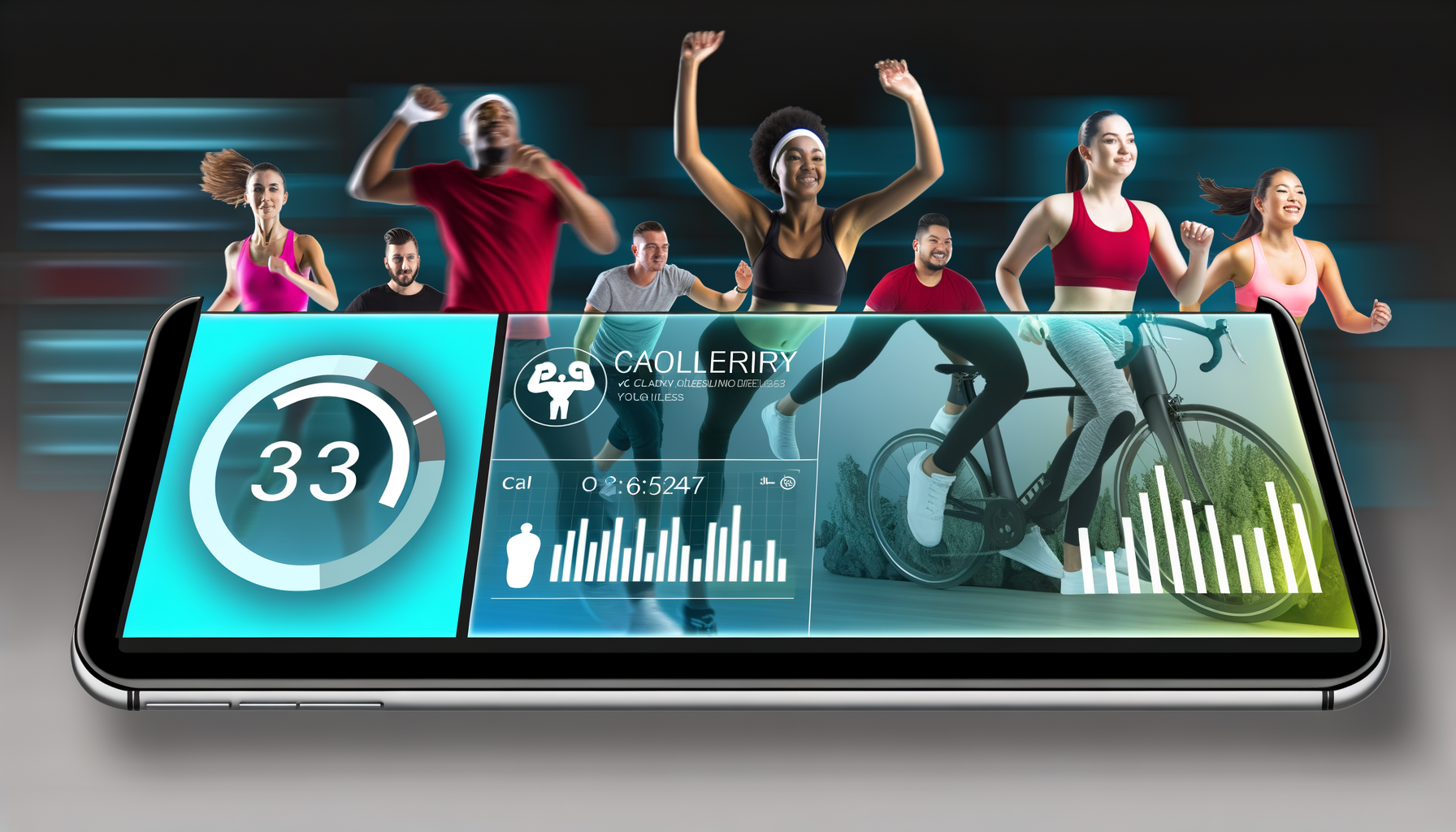The Role of Calorie Tracking in Stress Management Programs
The relationship between stress management and calorie tracking is a complex one, particularly in the context of weight loss and overall mental wellness. As health and fitness professionals, understanding this dynamic is crucial for developing effective strategies that support clients in achieving their health goals without exacerbating stress levels.
Stress and Eating Behaviors
Stress has a profound impact on eating behaviors, often leading to increased caloric intake, snacking, and consumption of high-fat/sugar foods. A study published in the National Center for Biotechnology Information highlights that elevated stress levels, such as those experienced during the COVID-19 pandemic, can significantly hinder weight-control efforts. Stress was associated with more difficulty in staying on track with eating habits, although this association was no longer significant after adjusting for BMI and education.
The Psychological Impact of Stress on Diet
The psychological effects of stress on diet are multifaceted. Stress can lead to cognitive distortions and negative self-talk, which can further complicate weight management efforts. Health coaches and exercise professionals can play a critical role by teaching stress-management techniques such as breathing, mindfulness, and addressing sleep deficits. These strategies can help clients maintain healthy eating behaviors even during periods of high stress.
The Role of Calorie Tracking in Stress Management
Calorie tracking is often recommended as a tool for weight management, but its impact on stress levels is a topic of debate. While some argue that calorie tracking can provide a sense of control and empowerment, others suggest that it can increase chronic psychological stress and cortisol production, both of which are known to cause weight gain.
The Pros and Cons of Calorie Tracking
On one hand, calorie tracking can create a heightened sense of awareness about food choices, encouraging more mindful eating. Studies have shown that consistent dietary tracking can predict weight loss success over time, particularly when done frequently and consistently. However, the process of counting calories can also become a source of stress, especially if it feels like a chore or leads to feelings of guilt over minor deviations from the diet plan.
Alternative Approaches to Calorie Tracking
Given the potential drawbacks of traditional calorie tracking, alternative approaches may be more effective for some individuals. Instead of focusing solely on calorie intake, health professionals can encourage clients to adopt a lifestyle that includes movement they enjoy and food that nourishes their body. This approach emphasizes creating a balanced lifestyle rather than fixating on calorie counts.
Coaching vs. Directive Approaches
A coaching approach, as opposed to a directive one, can be more beneficial. This involves identifying individual tweaks that set clients up for success and encouraging them to think about the things they may be doing that sabotage their attempts at weight loss or maintenance. By acknowledging clients' feelings and viewing them with compassion rather than judgment, health professionals can empower clients to make sustainable lifestyle changes.
Real-World Examples and Case Studies
In real-world scenarios, the impact of stress on weight management efforts is evident. For instance, during the COVID-19 pandemic, many individuals experienced increased stress levels due to changes in work situations, school closures, and other factors. This stress was associated with difficulties in maintaining healthy eating habits and finding time for weight-management efforts.
Successful Strategies in High-Stress Environments
Despite these challenges, some strategies have proven effective. For example, physical activity, which is known to reduce stress, remained an important component of weight management during the pandemic. Individuals who engaged in home-based physical activities and outdoor exercises were better able to manage their stress levels and maintain their weight-loss efforts.
Conclusion and Recommendations
In conclusion, while calorie tracking can be a useful tool for some, it is not a one-size-fits-all solution. Health professionals should consider the individual needs and stress levels of their clients when recommending weight management strategies. By focusing on creating a balanced lifestyle, encouraging mindful eating, and providing stress-management techniques, clients can achieve better mental wellness and weight loss outcomes.
If you are considering implementing calorie tracking as part of your weight management program, it is essential to weigh the pros and cons and consider alternative approaches that may better suit your needs. For more resources on effective weight management strategies, you can explore tools like the WP Calorie Calculator, which can help you make informed decisions about your diet and exercise routine.
Remember, achieving balance is not just about counting calories but about creating a lifestyle that works for you. By focusing on long-term objectives and fostering a positive relationship with food and exercise, you can achieve sustainable weight loss and improved mental wellness.
For those interested in exploring different plans and pricing options for weight management tools, you can visit the WP Calorie Calculator Plans page to find the best fit for your needs.











